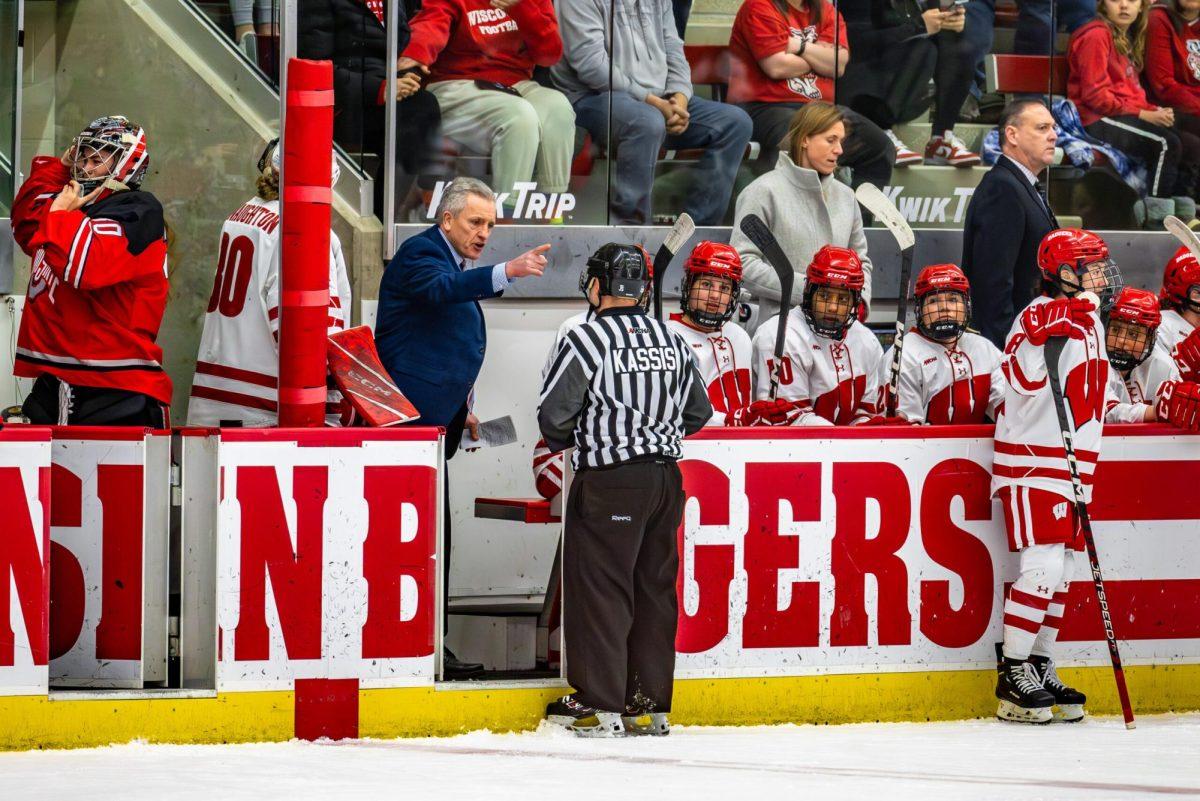Carlos Delgado, Vladimir Guerrero, David Oritz.
If Jackie Robinson hadn't ever broken baseball's color barriers, the above stars wouldn't be guaranteed to be in MLB's spotlight today.
As the start of the 2007 season marks the 60th anniversary of Robinson's big league debut, much has been made of the Brooklyn Dodger second baseman's contributions to not only baseball, but also society.
And rightfully so, but don't forget about Roberto Clemente.
Just as Delgado, Guerrero and Ortiz wouldn't be around if it weren't for Robinson, the same could be said for Clemente. The Pittsburgh Pirates right fielder broke just as many color barriers as Robinson, yet his name isn't acclaimed to the same extent. Clemente was to Hispanics what Robinson was to African Americans.
Now don't get it twisted — I'm not advocating for MLB commissioner Bud Selig to retire Clemente's No. 21 as he did Robinson's No. 42 like the Hispanics Across America advocacy group pushed for last year. That would dilute Robinson's honor and would just create a snowball effect of whose number to retire next, but MLB should find a way to highlight Clemente's accomplishments more prominently, as they are a major part to the game and American culture.
Last year we saw a glimpse of it at the All-Star Game as many players wore wristbands with his initials, and Roberto's widowed wife, Vera Clemente, accepted the Commissioner's Historic Achievement Award prior to the fifth inning in his place. But would that honor — as great as it was — really have happened had the game not been in Clemente's adopted hometown of Pittsburgh?
Either way, it was long time coming.
Nine years after Robinson burst onto the scene, Clemente came along, making his major league debut with the Pirates — the only team he would ever play for. But it wasn't the only he was on.
In fact, Clemente was initially signed to the same Dodgers team Robinson played for. However, the Brooklyn franchise was worried about the negative feedback it would receive if it brought a Hispanic player up to the majors. The Dodgers already had Robinson and a number of other black players on their roster — something that was far from ordinary in the mid 1900s. The Dodgers had already taken enough heat; they felt Clemente would only make it boil over.
Thus, Brooklyn tried to hide Clemente on its minor league team in Canada, but his talent was just too good, and Pittsburgh snatched him up after one season.
Once in the majors, it didn't take Clemente too long to find success. In his fifth season, Clemente made the All-Star team, and Pirates knocked off the Yankees in the World Series. He batted .314 that season, and wouldn't dip under .312 for the remaining 12 seasons of his career.
While Clemente was smooth with the bat, he was known for his rocket arm in right field. To this date, many still consider his arm to be the best ever, and his 12 Gold Gloves are representative of that.
Yet even with his immense talent and accomplishments, Clemente found it difficult to break through with the media. With his dark skin, it's true that if Robinson didn't break through in 1947, Clemente probably wouldn't have soon after him, but Clemente endured problems of his own as a Hispanic player.
Often, journalists quoted Clemente's broken English to make him appear uneducated. Even The Pittsburgh Courier — the nation's major African-American newspaper at the time — misquoted and grilled Clemente over whether or not he considered himself black because of his dark skin.
The media's prejudice spilled over into the MVP ballots, too. Despite his breakout season in 1960, Clemente finished eighth in MVP voting. That year, his teammate Dick Groat, who was white, received the award. Although he would go on to win the 1966 MVP award and another World Series, Clemente reportedly never wore his '60 ring in protest.
Clemente was overlooked in the media then, and it seems he still is today.
David Maraniss of the Washington Post attempted to enlighten America about Clemente's achievements in his book, "Clemente: The Passion and Grace of Baseball's Last Hero," published last year.
"He broke racial and language barriers and achieved greatness and died a hero," Maraniss writes, as Clemente lost his life in a plane crash attempting to deliver goods to Nicaraguan earthquake victims. "[Hero] can be used indiscriminately in the world of sports, but the classic definition is of someone who gives his life in the service of others, and that is exactly what Clemente did."
And in its review of the novel, Publishers Weekly put the lack of recognition for Clemente in comparison to Robinson perfectly: "Jackie Robinson may have suffered greater hardships during his career, but Clemente's nobility, charity and determination make him far more appropriate for a postage stamp."
Michael is a senior double majoring in journalism and communication arts. He can be reached at [email protected]














